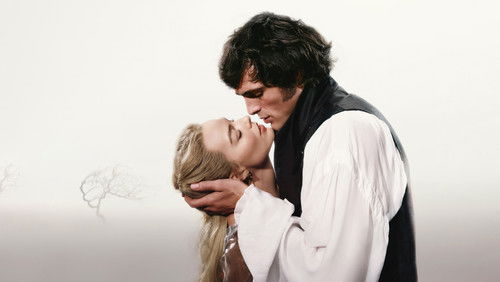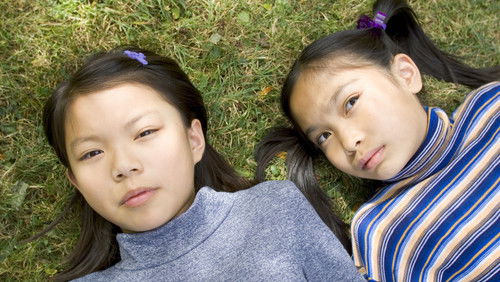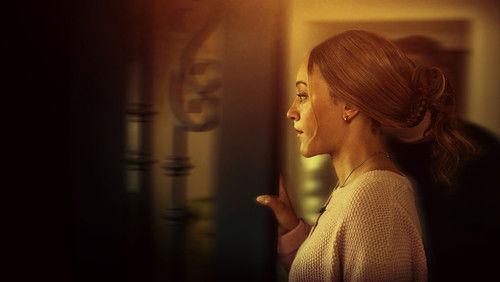Die Parade des Todes (1925)
24KDie Parade des Todes: Directed by King Vidor, George W. Hill. With John Gilbert, Renée Adorée, Hobart Bosworth, Claire McDowell. A young American soldier witnesses the horrors of the Great War.
“King Vidoru0026#39;s World War I drama, from a story by WWI vet and distinguished playwright Laurence Stallings, was made for only $250,000 and looks like a zillion, with huge battle sequences, an enormous cast, and expressive art direction. The extended battle is great, capturing the terrifying immediacy of war nearly as well as u0026quot;All Quiet on the Western Frontu0026quot; (but the latter must be counted as the greater achievement, what with hauling all that primitive sound equipment around the set). John Gilbert is quite good here, with expressive but not overemoting eyes, and Renee Adoree is a spirited, pretty love interest. But Stallings–who wrote another terrific WWI story, u0026quot;What Price Gloryu0026quot;–makes some simple mistakes that wouldnu0026#39;t have been difficult to repair. When we first meet Gilbert, heu0026#39;s a spoiled rich boy, uninterested in defending his country (u0026quot;I already have enough of a war on my hands with Dad,u0026quot; goes a title card). He enlists solely to impress his uninteresting girlfriend. Then, in France, he forgets her instantly and falls in love with Adoree, despite his lack of French and her lack of English. Iu0026#39;m always annoyed at simple lust being passed off as The Real Thing in movies. Then, having created a love triangle, Stallings introduces a third-act resolution I wonu0026#39;t spoil here, but is a mighty contrived way of clearing the path so that Gilbert can have his true love at fadeout. His two war buddies, The Regular Guy (Tom Ou0026#39;Brien) and The Lovable Gap-Toothed Idiot (Karl Dane), are so straitjacketed by their simple personas that they quickly wear out their welcome, and the comedy among these three brothers in battle (oddly, they practically never seem to interact with anyone else in their unit) is feeble. This was the most successful silent film to come out of Hollywood, and plenty of it is impressive, but itu0026#39;s encumbered by elementary screen writing mistakes.”









